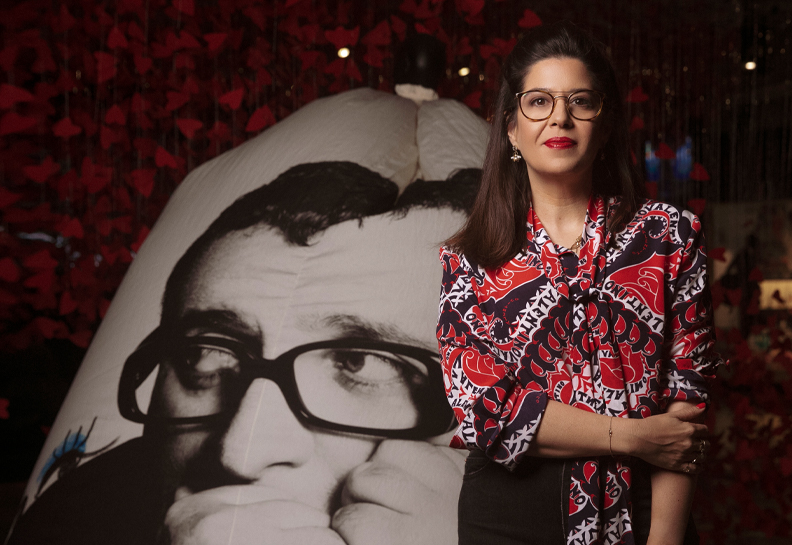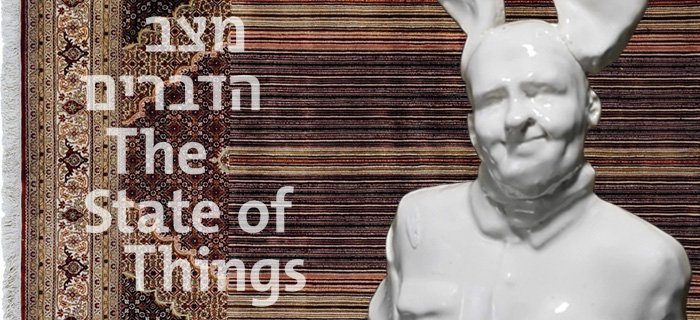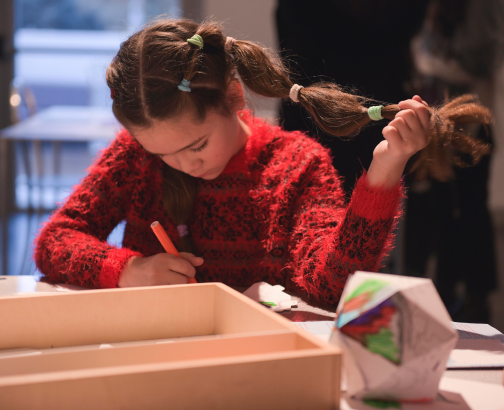In the future, says Li Edelkoort, it will be very unpopular to be an individualist. That era is over. Is It Indeed?
Death of the Individual? Is It Indeed?A future view of the present
In the future, says Li Edelkoort, it will be very unpopular to be an individualist. That era is over.She predicts that the individuality that has been so prevalent in the past twenty years will no longer be so important. The individual will become part of a group, comprised of individuals possessing a particular set of skills they utilize for the success of the group.Is that indeed the case? To us, who are still imprisoned in a world in which every morning “A Star is Born”, and every evening we are forced to watch the uncontrollable need for accelerated personal expression, it seems like a distant dream.
In My ImageIn one of the installations exhibited at the Salone del Mobile 2010 in Milan, young Spanish designer Nacho Carbonell presented twenty prototypes of a desk-cum-chair covered in unconventional and somewhat strange materials – shards of broken glass, shaggy jute, gravel, dust, and even artificial hair. Some of the prototypes looked like image replicas, like a self-portrait of the designer himself.
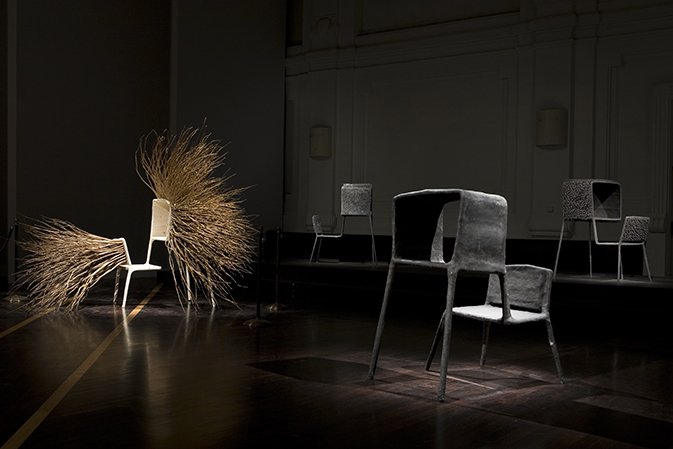

The individuals comprising each group will not be entirely alike, says Edelkoort, but the differences between them will only be slight. An interesting perspective on the process of duplication and replication of a singular work of art can be seen in the project entitled “Made of China” by Orly Montag of the Bezalel Academy of Art and Design. By hand-sculpting the singular work of art she restores to the replicated pieces the “aura of originality”; that which is lost in mass production.
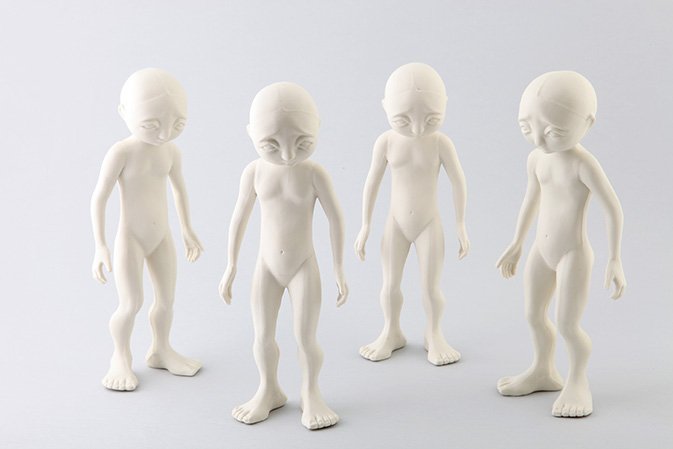
Who and What Am I?The search for personal identity, confronting the sense of alienation, and the attempt to reexamine accepted perceptions, were some of the prominent themes in this year’s annual graduate exhibitions.In the Department of Visual Communication at Shenkar College of Engineering and Design, the graduates presented various perspectives that reflect personal processes.Noa Olhovski presented a project entitled “Mother Wanted Me To Be Normal” – a series of posters that constitute a personal journal of what she terms her gender and political aberration.
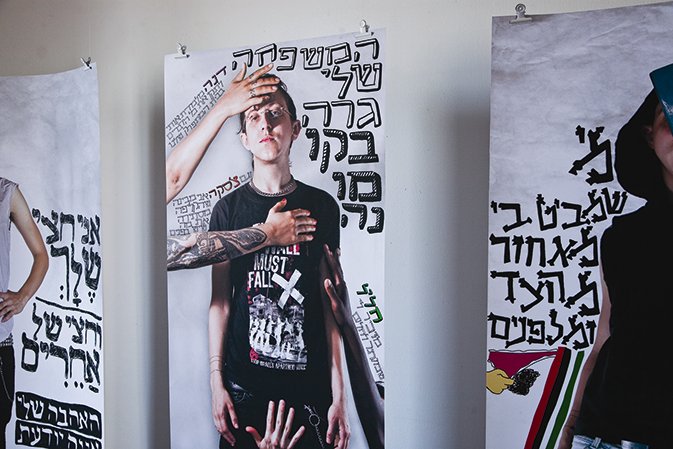
In her project, entitled “Turning Japanese”, Netta Leshem presented a series of fans describing how she coped with her feelings of alienation as child in a kibbutz, and used Japan as an escapist refuge. Her use of figures from classic children’s books amplifies the experience.
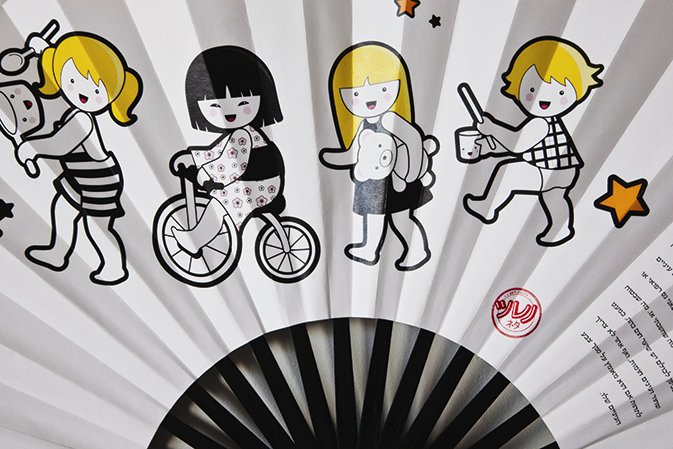
Ran Shauli designed a magazine about Mizrahi identity, an issue that preoccupies Shlomi Shoshana as well, but from a different aspect: Am I or am I not an ars? he asks himself. In contrast with them, or perhaps like them, Felix Keppol wonders about his Russian identity, and the question he asks is: Should I become Israeli?

Guide for the PerplexedA different perspective on the preoccupation with self can be found in the work of Tehila Bar-Hama from The WIZO Haifa Academy of Design, who does not stop at personal expression, but tries to find a way to bridge between the worlds. As a young religious woman who studied her whole life in religious settings, she feels extremely misunderstood in the secular world. Consequently, she has created a kind of Guide for the Perplexed for her secular friends that will enable them to better understand her conceptual world.


So, until we all utilize our special skills for the greater good, and until the black sheep of the family assimilates and blends in with the white flock, as Edelkoort predicts, we will probably continue to take pleasure in expressing ourselves and “suffering” the self expression of others.
– For the First article in the series click here– For the second article in the series click here
